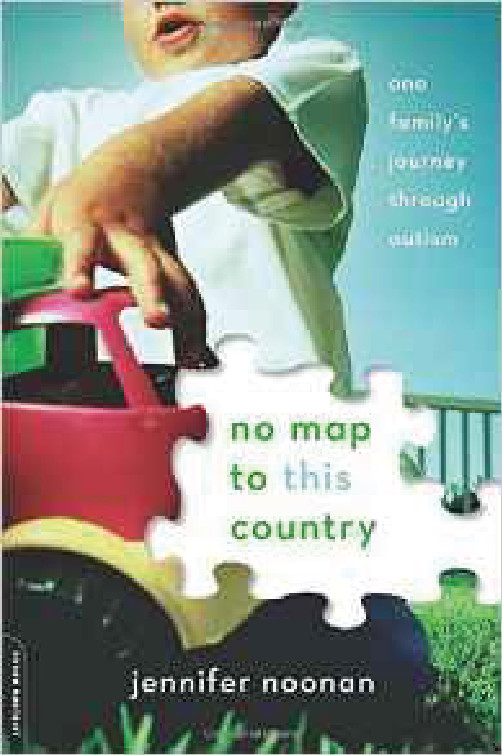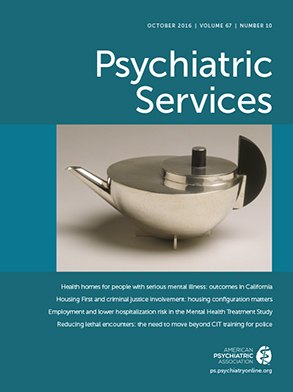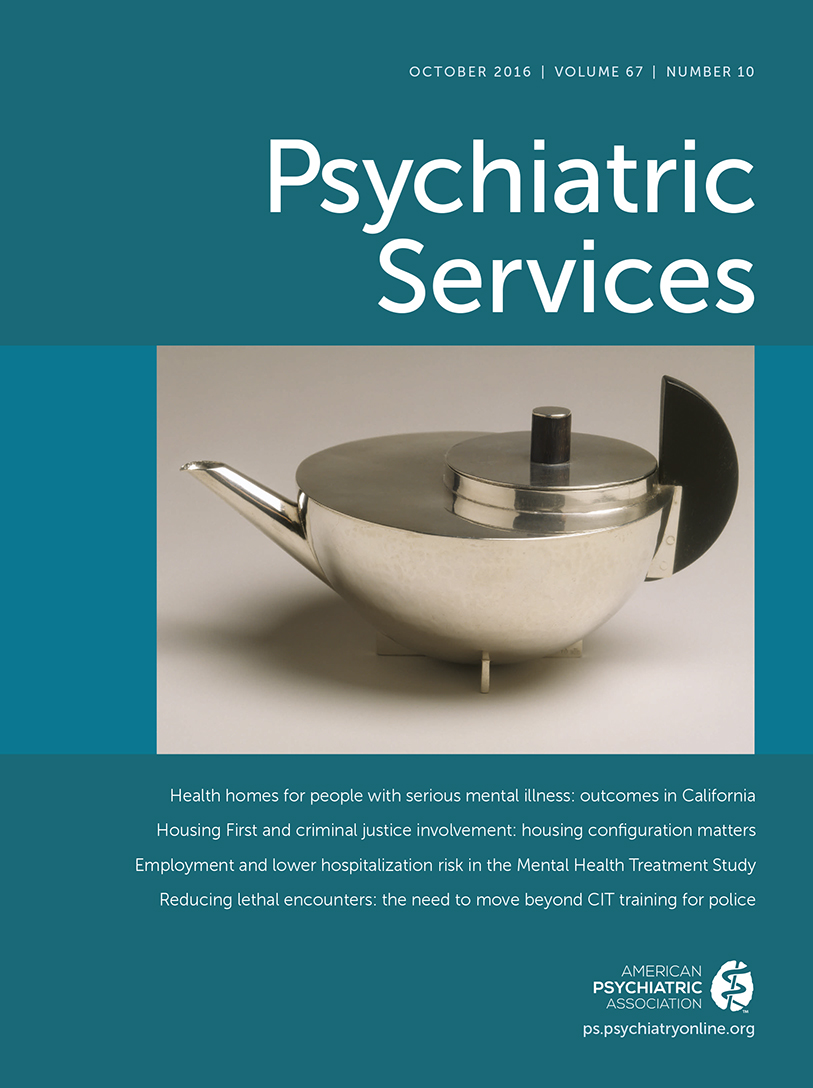“The meltdowns were longer and more violent every day. . . . His frenzied brain was tapping into a primal stamina I could not compete with.” Jennifer Noonan, author of No Map to This Country, thus eloquently describes the herculean efforts known only too well by people whose children are severely affected by autism spectrum disorder (ASD).
The intrigue of this book is in the way in which Ms. Noonan seduces her readers into thinking she has found the cure to her son’s disorder. One may ask, “Well, why doesn’t everyone who has a child with autism know to do that?” Then Ms. Noonan leads the reader down a long, circuitous route toward discovering that the “cure” is more like a series of remissions, and each remission is hard won through intense research and effort by Jennifer and her husband.
First, there’s the casein-free diet, followed by the commitment to also remove gluten from the menu. Each dietary change brings an element of relief, as Paul’s behaviors begin to resemble those of a neuronormative child. As if removing casein and gluten isn’t challenging enough, the trail of additional dietary restrictions necessitated by other sensitivities transferred Jennifer from abhorring the kitchen to beginning a Web site in an effort to share her successful recipes with other parents of autistic children.
Her description of finding doctors whose knowledge of the different facets of autism is current and broad reveals the search as a chore that is not for the faint of heart. The same can be said about efforts to deal with the education system. Developing a team of caring and devoted professionals takes elements of both determination and luck.
After reading about the gluten- and casein-free diet and the success Paul experiences, the reader might think that Paul and his family have reached home base, but his autistic behaviors return, and tonsillitis becomes the culprit. A surgeon decides to remove Paul’s adenoids without removing his tonsils, after having agreed to do so. This causes Paul to return for a second surgery following yet another resurgence of autism symptoms brought on by yet another infection.
The surgeon is one in a chain of doctors whose knowledge isn’t in keeping with the rapid development of options, driving Paul’s parents to pursue access of care through back-door means. Nonetheless, some doctors arrive like knights in shining armor, ready to delve in and help figure things out. The one thing that is clear is that the path of diminishing symptoms on the way toward a cure is not linear, and if anything, it can be a lifelong series of ups and downs.
There are times during the first several chapters of Jennifer Noonan’s book when one might be tempted to place her onto a pedestal. She gracefully dismantles the notion when describing her response to her second child’s development of autism.
She writes of a chasm in her own persona as she approaches her son’s condition with the utmost determination and her daughter’s autism with the energy of one who is fatigued from battle. She paints a landscape whereby any parents challenged by the less than stellar health of their children can find themselves at different points along the path.
Although the knowledge around ASD is far from complete and a cure remains elusive in spite of the ongoing research, the tireless work of many parents of children who have autism is undeniable. Jennifer describes her own research and record keeping in an effort to determine what works and what doesn’t. She seeks out various treatments and specialists. She prepares the special diets and keeps track of the effects of various medications. She is a strong advocate for her children in her interactions with the school system. She molds her approach so she is more apt to be successful in motivating her children in ways to help them move through each and every day.
No Map to This Country is not just about having a child with autism. It is about making a choice in each moment to do the work needed to help one’s child or children to develop and succeed so that they may have a choice in determining their own futures.
Maybe autism has a greater response today than some other behavioral disorders because initial diagnosis often occurs during childhood. Maybe because of this fact, people’s hearts open wider, increasing the determination to find answers to give children some comfort and joy. Parents who resolve to help their children do so out of choice and not because “it’s what you do,” as I have been told in discussion with others. Not everyone has the level of energy or spirit it takes to figure things out, which is all the more reason the endeavor should be a community effort.


